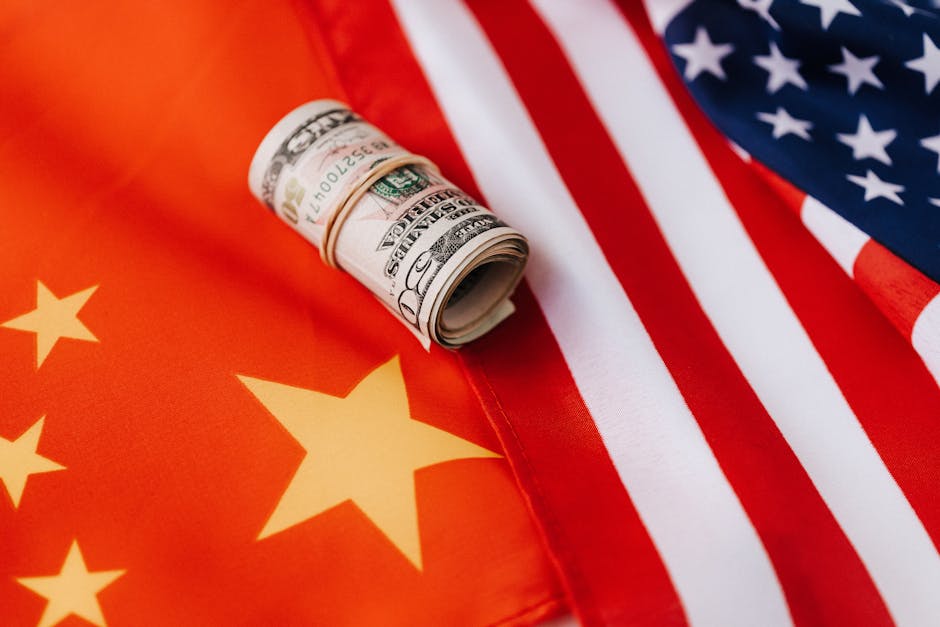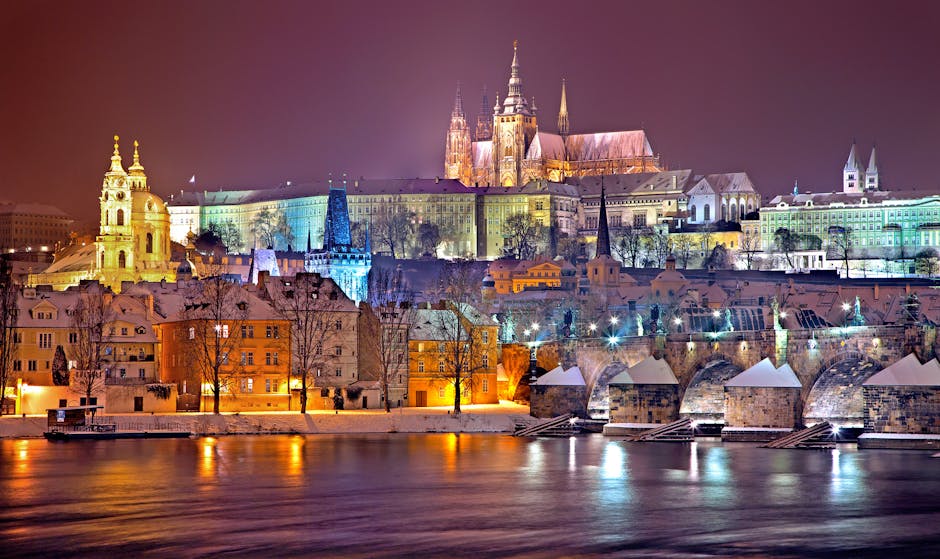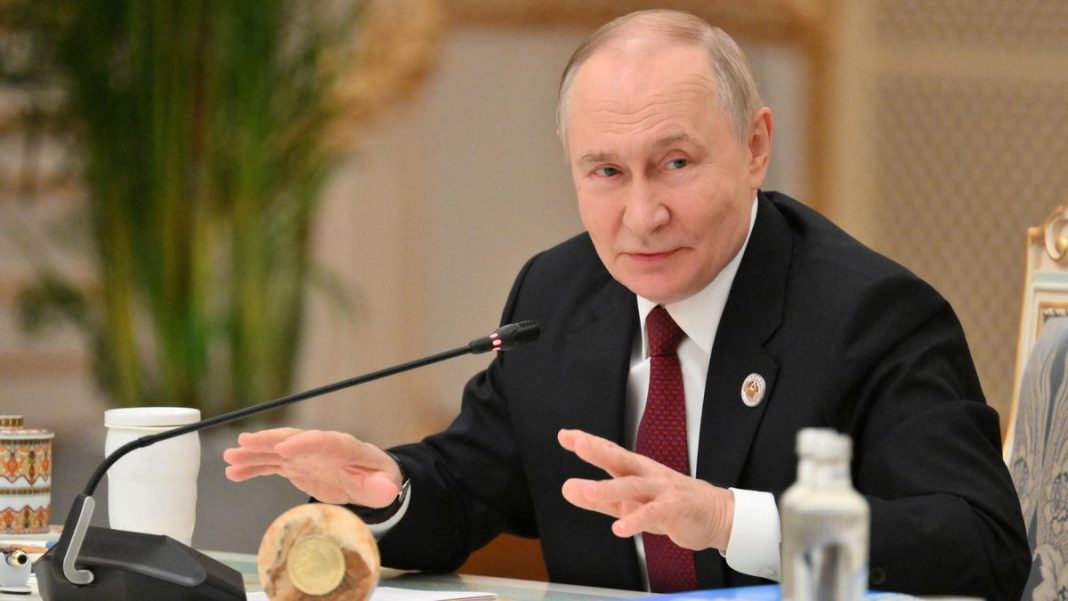The European Union has called on Russia to cease its threats of using nuclear weapons, as tensions rise amidst the ongoing geopolitical struggles. This plea reflects the heightened concern among European leaders about the potential for catastrophic consequences if these threats were acted upon.
EU’s Position on Nuclear Threats

The European Union has consistently maintained a firm stance against the proliferation and use of nuclear weapons. In the wake of recent threats from Russia, the EU has reiterated its commitment to global nuclear disarmament and peace. The EU’s High Representative for Foreign Affairs emphasized that nuclear saber-rattling is unacceptable and poses a threat not only to Europe but to global security.
EU officials are working in concert with international allies to apply diplomatic pressure on Russia. The aim is to reinforce existing arms control agreements and discourage any military escalation that could lead to nuclear use. The EU’s united front serves to remind all involved parties of the catastrophic humanitarian and environmental consequences of nuclear warfare.
Potential Impacts on International Relations

The EU’s call for Russia to halt its nuclear threats underscores the fragile state of international relations. The situation could lead to heightened diplomatic tensions across multiple fronts, including economic sanctions and military alliances. As EU nations strive to distance themselves from potential conflict, they must navigate a complex landscape of defense and diplomacy.
Russia’s nuclear rhetoric has prompted renewed discussions among EU member states regarding defense policies and cooperative security measures. While the EU continues to push for diplomatic resolutions, it is also preparing contingency plans involving its defense capabilities, should the situation deteriorate further.
Global Response to Russia’s Nuclear Threats

Global reaction to Russia’s nuclear threats has been one of alarm and condemnation. The United Nations and other international bodies have echoed the EU’s sentiments, calling for restraint and dialogue. There is widespread agreement that the global community must work together to prevent any escalation that could lead to nuclear conflict.
Countries around the world are closely monitoring the situation, and diplomatic channels have been busy as governments seek to de-escalate tensions. Strategic negotiations, involving several key stakeholders, are in progress to ensure that communication lines remain open and constructive.
Historical Context of Nuclear Tensions

The current tensions between the EU and Russia over nuclear threats are reminiscent of the Cold War era when nuclear brinkmanship was a serious international concern. During that time, extensive diplomatic efforts led to several key treaties aimed at reducing nuclear arsenals and preventing the spread of nuclear weapons.
In light of recent developments, experts continue to draw lessons from this historical context, stressing the importance of robust diplomatic mechanisms and international cooperation to address modern-day challenges. Understanding past successes and failures is crucial to formulating effective strategies for the present.
In conclusion, the EU’s stance against Russia’s nuclear threats highlights a crucial moment for international diplomacy and security. As leaders navigate these complex challenges, the focus remains on maintaining peace and stability through constructive dialogue and cooperative efforts.





